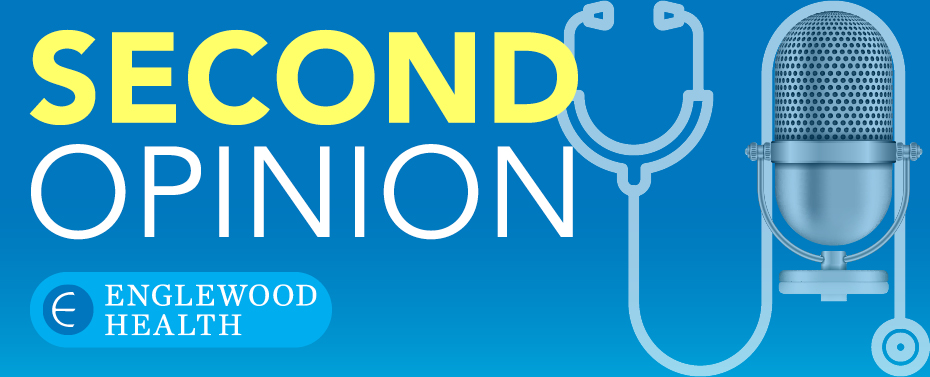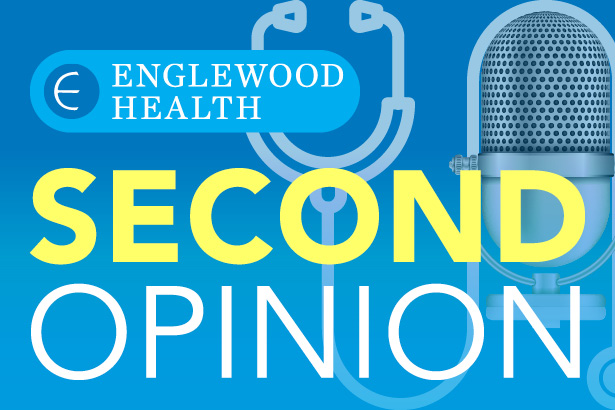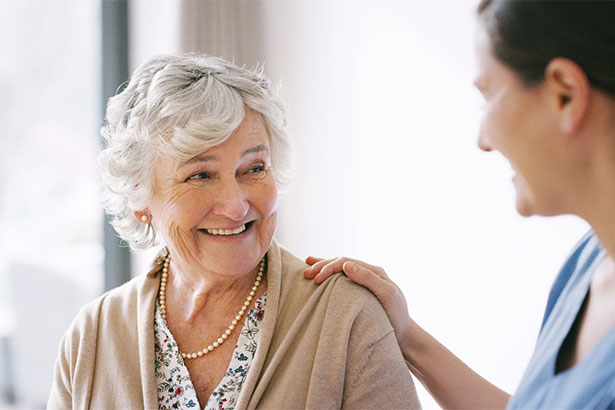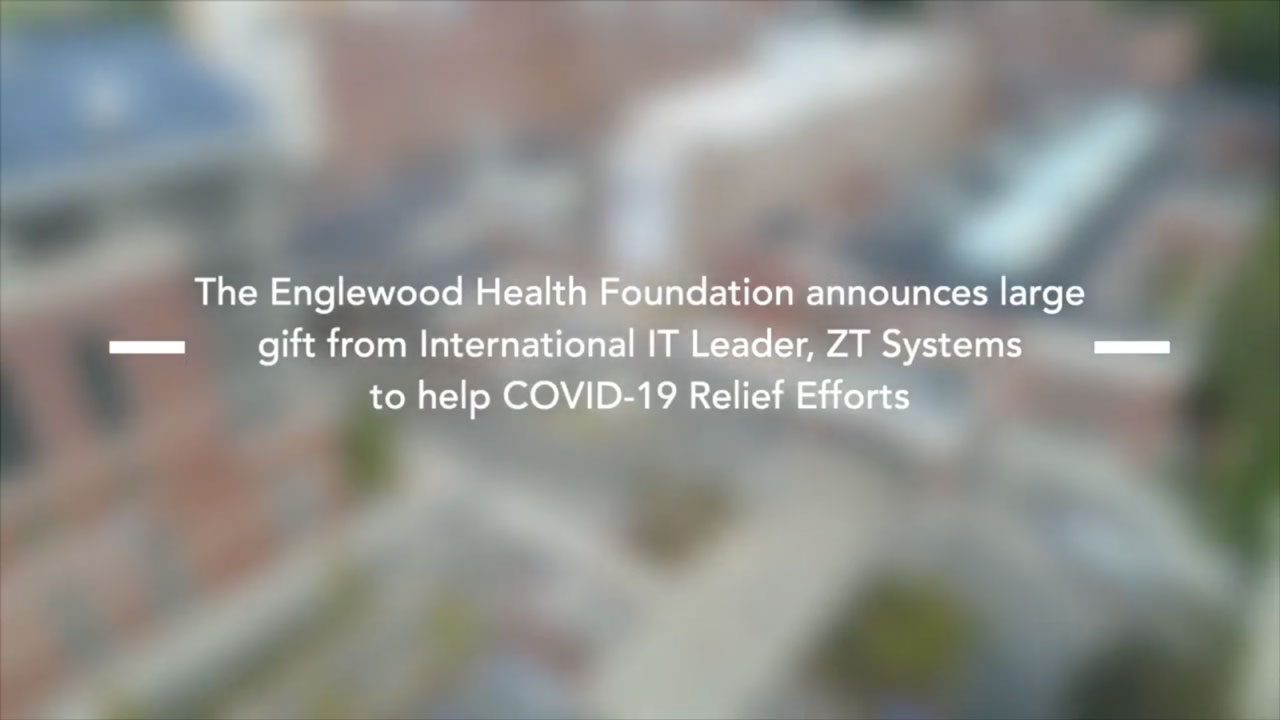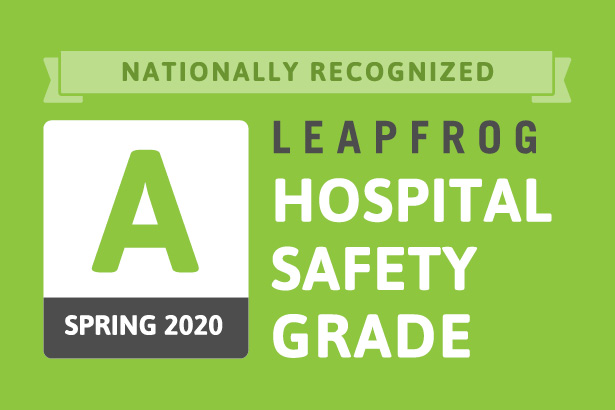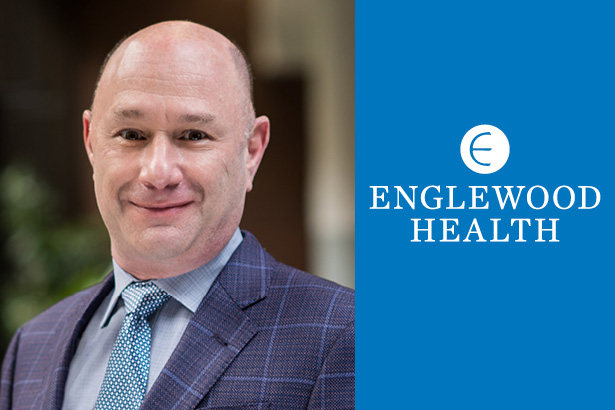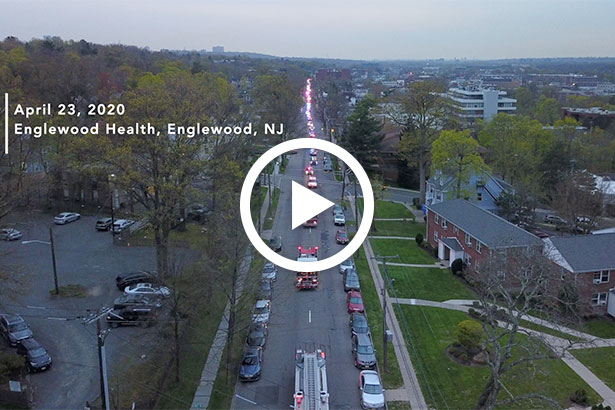April 29, 2020 — Englewood Health has appointed Richard Lerner of Alpine, New Jersey, its chairman of both its system and hospital boards. Lerner, a partner of Housing & Healthcare Finance, LLC (HHC Finance), has been a member of the system board since 2016 and the hospital board since 2014 and has served as chair of the professional affairs committee, overseeing and guiding quality and patient safety efforts.
“Rich is singularly equipped to lead us during this unprecedented and challenging time, and I am thrilled to welcome him as our new chairman,” said Warren Geller, president and CEO of Englewood Health, the system comprising Englewood Hospital, the Englewood Health Physician Network, and the Englewood Health Foundation. “Since 2014, we have greatly benefited from Rich’s deep understanding of data measurement and quality, as well as his personal commitment to the health and well-being of community members. Amid the current pandemic and with an eye toward our future growth and strategy, Rich will be a stellar board chairman, resource, and guide for us. Thanks to his leadership and support of all our trustees, we are well-positioned to emerge from the current challenge stronger than ever.”
“As board chairman, one of my primary goals will be to foster relations among our health care professionals, communities, business leaders, and state and federal leaders to work hand-in-hand with us to ensure we have the resources to continue offering access to safe, high-quality healthcare for residents of Bergen County and beyond,” said Lerner. “Health care takes place, now more than ever, outside the walls of the hospital, and I am especially proud of how Englewood Health has prioritized not just treating illnesses but keeping our community healthy.”
As a partner at HCC Finance, one of the country’s largest financers of healthcare and senior housing real estate, Lerner is regularly consulted by senior members at the Department of Housing and Urban Development and, through its Office of Healthcare Programs, advises on loans for hospitals and senior housing facilities. Previously, as managing director at Credit Suisse, Lerner was responsible for the company’s healthcare and affordable multifamily housing loans. He was appointed to the Englewood Hospital board in 2014. He serves on various other community boards, is the vice president of the Bollinger Foundation and is active with the Marine Corps Law Enforcement Foundation. Lerner graduated from Dartmouth College with degrees in economics and English. He resides in Alpine with his wife, Amy, and two children.
In addition to Lerner, Englewood Health has recently appointed local community members and business leaders Michael Gutter and Ari Naim to its hospital board of trustees.
Michael Gutter, who is also chairman of the Englewood Health Foundation board of trustees, is the founder of Arista Funding, which specializes in both equipment leasing and merchant processing for small to mid-size businesses. Gutter is a member of the Hebrew Free Loan Society Micro Enterprise Committee, where he helps make interest-free loans to small businesses in New York, and is a board member and co-chair of the Finance Committee at Alpine Country Club. Inspired by the care his daughter received at Englewood Health, Michael is driven to ensure the health system remains a leader in the region.
Ari Naim, PhD, is president and CEO and co-founder of Cen-Trak. Based in Pennsylvania, Cen-Trak is dedicated to transforming patient care by bringing high-quality, reliable, and affordable real-time location technology to healthcare. Naim holds advanced degrees in electrical and computer engineering from Drexel University. An expert in all aspects of complex electronic product design, Naim has helped design, develop and launch over 30 successful consumer electronic products and has authored numerous patents. He lives in Tenafly, New Jersey, with his wife, Beth.
Three New Trustees Appointed in 2019
In October 2019, Richard Han, Clarice May Jacobson and Laurence Shadek were appointed to the Englewood Hospital board.
Richard Han is the founding partner of Crane Partners, a private investment fund—founded in 2006—specializing in principal investments and volatility trading. He was previously a portfolio manager at Vicis Capital, a $5 billion New-York-based investment fund, and head of corporate equity derivatives at Goldman Sachs, where he advised Fortune 500 companies evaluate investment portfolios and strategic assets. Richard holds a master’s degree in financial statistics from Columbia University. He earned his Bachelor of Arts, with honors, in Economics from the University of Chicago, where he is a member of the College Advisory Council. He became a CPA in 1994.
Clarice May Jacobson graduated from Lehigh University with a Bachelor of Science in finance and began her professional career at Shearson American Express as a trader on the S&P Futures desk. In 2002, she was appointed managing director at Salomon Smith Barney and became the firm’s top-ranked salesperson. Moving to Citigroup’s Institutional Equity Sales desk, Clarice covered many of the world’s largest multi-strategy hedge funds. After 30 years on Wall Street, she retired in 2011. Clarice has served on the board of managers for the Community Chest of Englewood. Continuing her parents’ legacy of support for Englewood Health, Clarice is proud to witness its transformation.
Laurence Shadek is a managing member at Wellington Shields, an independent investment firm he joined in 1985 as a managing director. He is former chairman of the Pax World Management Company, a co-adviser to the Pax World funds. Laurence earned his Bachelor of Arts at Franklin & Marshall College and his Master of Business Administration at NYU Stern School of Business. He serves as a council member of the City of Alpine, NJ and was a member of the Alpine NJ Board of Education for nine years. Through a leadership gift to the Englewood Health Foundation in 2018, Laurence and his wife founded the Gregory P. Shadek Behavioral Health Center in memory of their son.
